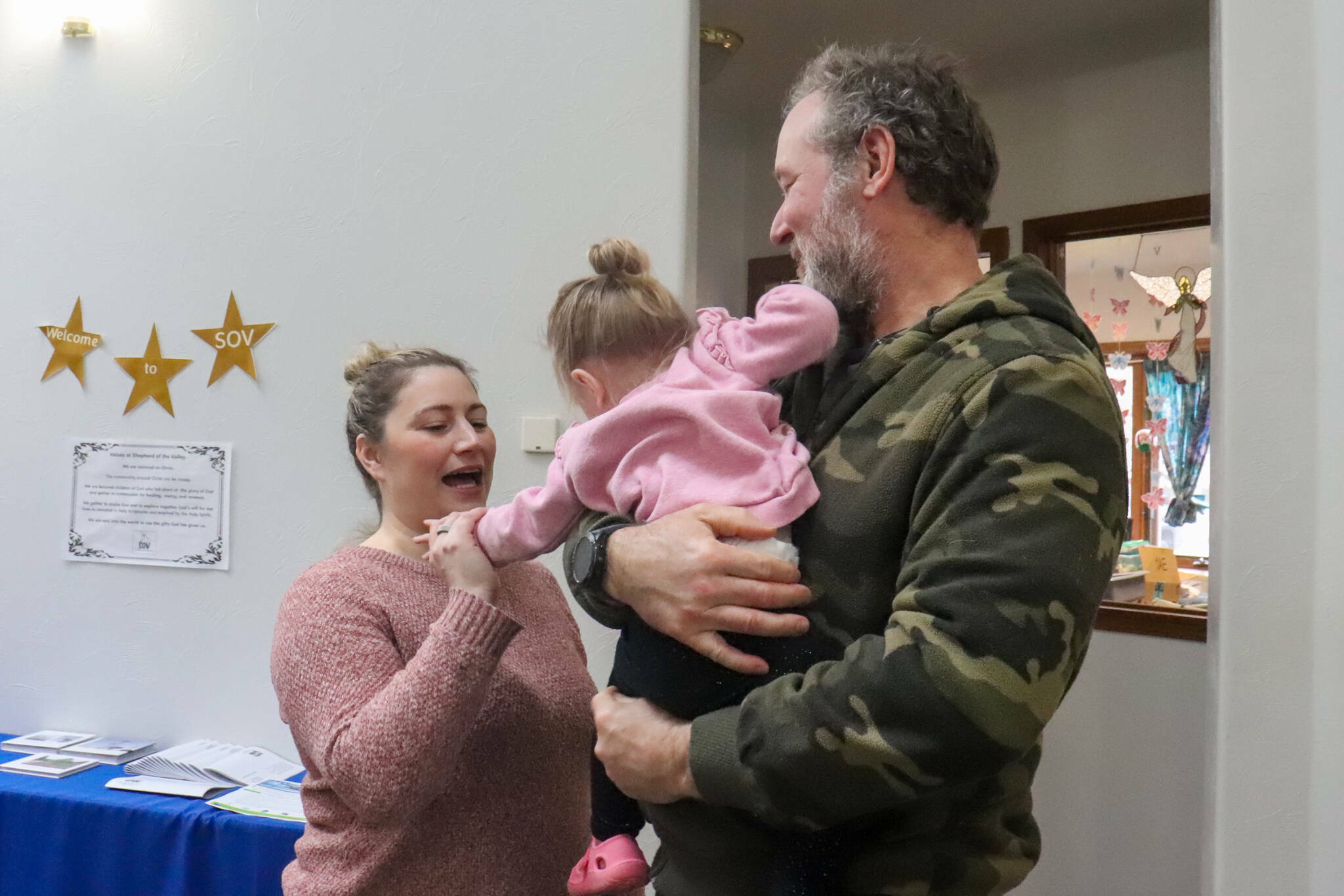“It is your concern when your neighbor’s wall is on fire.” — Horace
Recently, too many of our neighbors have lost their jobs through no fault of their own. People starting down their career path and those well into their careers found themselves suddenly severed from the work they studied for and happily toiled in. For many this was not just a loss of income, but of a way of life. It caused untold hardship, financially and emotionally.
Too many people on local social media, expressed either no empathy or a seeming delight in this occurrence. “Now you’ll have to get a real job and quit wasting our money” was a common theme of the keyboard critics. This attitude appalled, but did not surprise me. All too often over the last many years it has been shown to me again and again that humans, not all but uncomfortably too many, seem to care about anyone or anything only if they are affected personally.
“Love your neighbor as yourself” (Leviticus 19:18). This line from the Torah, colloquially known as the Golden Rule, is expressed in one form or the other in most major religions.
The Talmud tells the story of a man who asked to be taught the entire Torah while standing on one foot. Hillel, a rabbi, sage and scholar of 30 BCE to 10CE, instructed him, “Whatever is hateful and distasteful to you, do not do to your fellow man. This is the entire Torah, the rest is commentary. Go learn.”
All of Judaism depends on the ability to view another person as real as you view yourself. Every person making their way through life experiences love, pain, disappointment, fear, happiness, and joy. These feelings, emotions, are what should join us together. It is what it is to be human. To realize and acknowledge our shared human-ness, is essential in understanding how we are all interconnected, whether we like it or not.
Your neighbor has lost their job. That doesn’t affect you? Think again. Your neighbor, now jobless, may no longer be able to volunteer at your child’s school, help coach athletics, buy Girl Scout cookies and Boy Scout popcorn, shop as frequently at local stores, donate to your favorite cause, help the next time your house experiences flooding. Your neighbor’s job which no longer is filled may have kept the trails maintained, the recreation areas clean and safe, camping cabins open, provided outdoor education for you and your children, maintained the mariner’s forecast, the local weather forecast, protected the natural resources that are so highly valued and integral to the quality of life in Southeast Alaska.
And what about those keyboard critics who continue to express no empathy for their neighbors? There is a Hasidic tale about a man who liked to speak badly about others. One day, feeling remorseful, he begged the rabbi for forgiveness and said he was willing to do penance. The rabbi told him to take several feather pillows, cut them open, and scatter the feathers to the winds. The man did so, but when he returned to tell the rabbi that he had fulfilled his request, he was told, “Now go and gather all the feathers.”
The man protested, “But that is impossible.”
“Of course it is. And though you may sincerely regret the evil you have done and truly desire to correct it, it is as impossible to repair the damage done by your words as it will be to recover the feathers.”
Words can hurt. Words can divide. Words matter. Words can uplift. Words can unify.
Now is the time when we all should be embracing our common humanity. Helping our neighbors in action, word, and deed is helping ourselves. Keeping our community strong. Maintaining all that we love about Juneau.
How we choose to behave in these difficult times sets an example to those who look to us for guidance; our friends, family, children. Choose to support your neighbor. Choose to have empathy. Choose the Golden Rule.
• Patricia Turner Custard is a board member of Congregation Sukkat Shalom.

